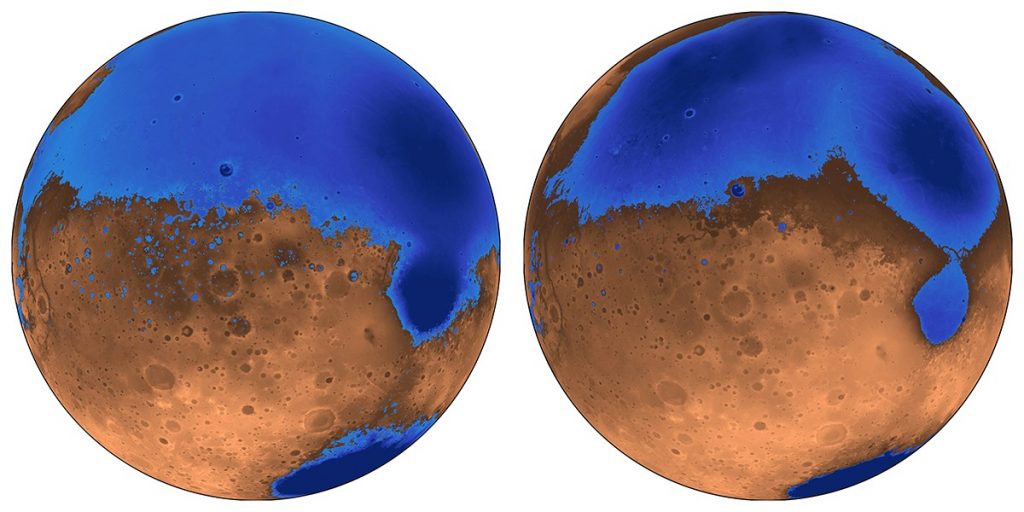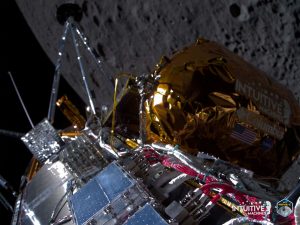New research from China’s Zhurong rover has uncovered compelling evidence of ancient beaches on Mars, adding weight to the theory that the Red Planet was once home to a vast ocean.

Zhurong, part of China’s Tianwen-1 mission, landed in Mars’ Utopia Planitia region in 2021. Scientists analyzing its findings identified key geological features that resemble shoreline structures formed by ancient waves and water currents, closely mirroring extinct shorelines on Earth. According to the study, the rover detected sedimentary deposits and ridges that match those found on Earth’s coastlines, reinforcing the idea that Mars’ northern lowlands were once covered by an ocean by the name of Deuteronilus.
This discovery arrives at the time when Mars’ watery past is highly debatable. Scientists have previously speculated that an ocean existed in the planet’s northern hemisphere during the Noachian period, approximately 3 to 4 billion years ago. However, direct geological evidence has been difficult to find. Zhurong’s findings add crucial data to this debate, suggesting that Mars’ environment may have been much more hospitable to a larger range of lifeforms than scientists previously thought.
“Shorelines are great locations to look for evidence of past life,” planetary scientist Michael Manga of the University of California, Berkeley told Reuters. “It’s thought that the earliest life on Earth began at locations like this, near the interface of air and shallow water.”
In fact, the presence of a large, stable body of water would have provided a critical ingredient for microbial life. If confirmed, these findings could guide future missions to search for signs of ancient Martian organisms.
Scientists speculate that if the ocean Deuteronilus did exist, it must have dried up as the result of a severe climatic change, occurring approximately one billion years into Mars’ history.
Zhurong’s mission faced challenges after the rover went into hibernation in 2022. Despite this setback, the data it collected continues to yield groundbreaking insights. As scientists analyze these findings further, the discovery of ancient Martian beaches may bring humanity one step closer to understanding the planet’s climate history—and whether Mars was once capable of supporting life.









